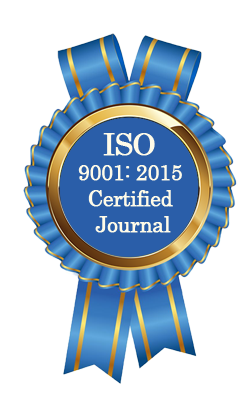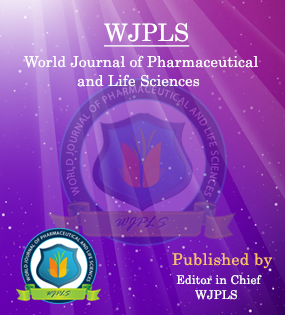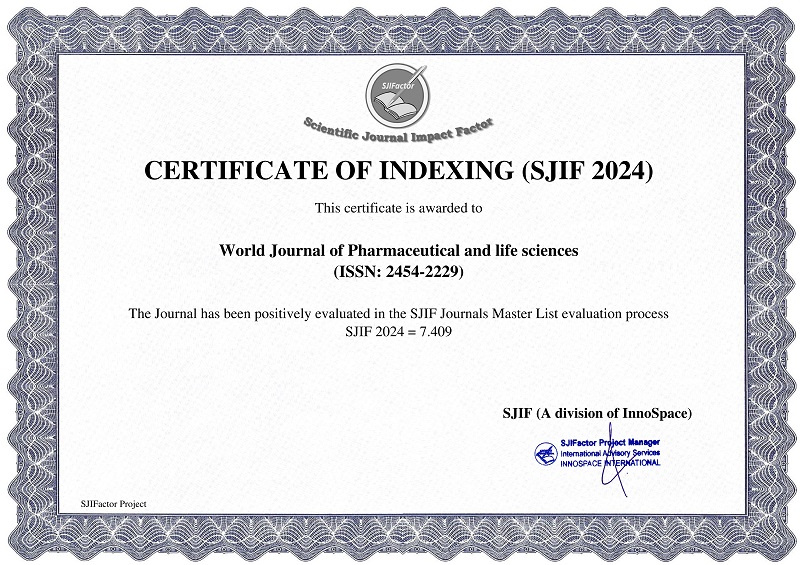Abstract
POSTMORTEM ABOUT AMYGDALIN
*Kushal Nandi, Dr. Dhrubo Jyoti Sen, Arpita Biswas, Dr. Khokan Bera, Amrita Chakraborty and Dr. Dhananjoy Saha
ABSTRACT
Amygdalin (from Ancient Greek: ???????? amygdal? "almond") is a naturally occurring chemical compound found in many plants, most notably in the seeds (kernels) of apricots, bitter almonds, apples, peaches, cherries, and plums. Amygdalin is classified as a cyanogenic glycoside because each amygdalin molecule includes a nitrile group, which can be released as the toxic cyanide anion by the action of a beta-glucosidase. Eating amygdalin will cause it to release cyanide in the human body, and may lead to cyanide poisoning. Since the early 1950s, both amygdalin and a chemical derivative named Laetrile have been promoted as alternative cancer treatments, often under the misnomer vitamin B17 (neither amygdalin nor Laetrile is a vitamin). Scientific study has found them to be clinically ineffective in treating cancer, as well as potentially toxic or lethal when taken by mouth due to cyanide poisoning. The promotion of Laetrile to treat cancer has been described in the medical literature as a canonical example of quackery, and as "the slickest, most sophisticated, and certainly the most remunerative cancer quack promotion in medical history".
[Full Text Article] [Download Certificate]WJPLS CITATION 
| All | Since 2020 | |
| Citation | 590 | 424 |
| h-index | 12 | 10 |
| i10-index | 17 | 14 |
INDEXING
NEWS & UPDATION
BEST ARTICLE AWARDS
World Journal of Pharmaceutical and life sciences is giving Best Article Award in every Issue for Best Article and Issue Certificate of Appreciation to the Authors to promote research activity of scholar.
Best Article of current issue
Download Article : Click here





